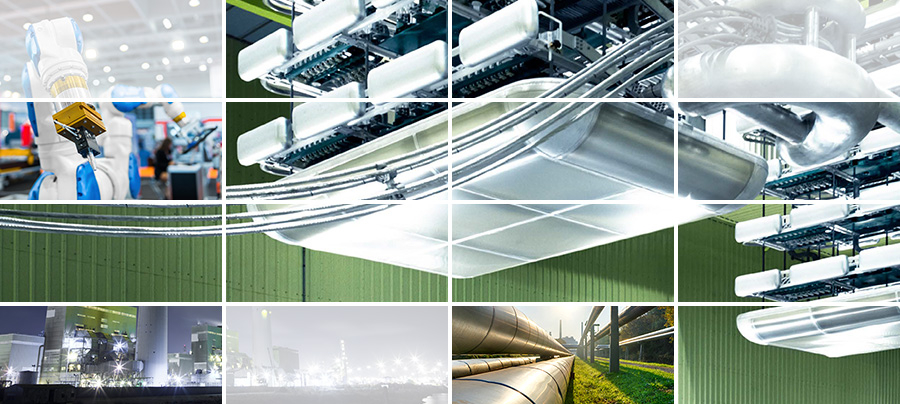The Future of Manufacturing
 Over the past 20 years, globalisation has dramatically changed the face of manufacturing. The rise of offshoring opportunities enabled developed-world manufacturers to use low-cost labor countries–notably China–as a workshop. Labor arbitrage looked like an easy way to gain operational cost reduction and cut total supply chain costs. With the assumption that lower-cost labor would suffice to make the business case, many manufacturers simply closed down their own home-based production facilities.
Over the past 20 years, globalisation has dramatically changed the face of manufacturing. The rise of offshoring opportunities enabled developed-world manufacturers to use low-cost labor countries–notably China–as a workshop. Labor arbitrage looked like an easy way to gain operational cost reduction and cut total supply chain costs. With the assumption that lower-cost labor would suffice to make the business case, many manufacturers simply closed down their own home-based production facilities.
As a result, the world’s most developed countries lost a significant share of their manufacturing jobs, particularly those dull, repetitive jobs that could not be efficiently automated. In the United States, for example, during the period 1978 to 2007 manufacturing job losses equated to about 30 percent of the total number, according to the U.S. Bureau of Labor Statistics.
Manufacturers of the future will have to move away from today’s exclusive focus on efficiency and pay closer attention to fulfilling customer needs.
To deep dive into the future of manufacturing, SCM World recently conducted a joint survey with the not-for-profit industry association, MESA International. This was designed to take the pulse of manufacturing industry and highlight the strategies and priorities of manufacturing leaders and their teams with regards to the importance of production, the factory of the future and the role of people on the plant floor.
We also interviewed a number of SCM World community members and other manufacturers to validate the findings of the research and bring in practical examples to complement the survey data.
Highlights of the “Future of Manufacturing: Maximum Flexibility at Competitive Prices” report include:
- Manufacturers of the future will have to move away from today’s exclusive focus on efficiency and pay closer attention to fulfilling customer needs.
- The era of offshoring factories to remote low-cost locations is drawing to a close. Labor cost advantages are diminishing in importance as the primary driver of new manufacturing location decisions.
- Effectively responding to customer demand for speed and personalization will need to become a major capability for manufacturers.
- Just as the digital economy is revolutionizing every aspect of life and business, so the factory of the future will be digitally infused, providing tightly interconnected information and production flows.
- Plant-floor workers’ knowledge and their ability to learn quickly and adapt to new technologies will represent an essential source of competitiveness for manufacturers in the future.
Download the Report Now! SCM World has granted express permission to Supply Chain Navigator to provide readers with exclusive access to the SCM World members-only report, “The Future of Manufacturing: Maximum Flexibility at Competitive Prices.”
Written permission is required to reproduce or redistribute it elsewhere (see SCM World’s citation policy).
